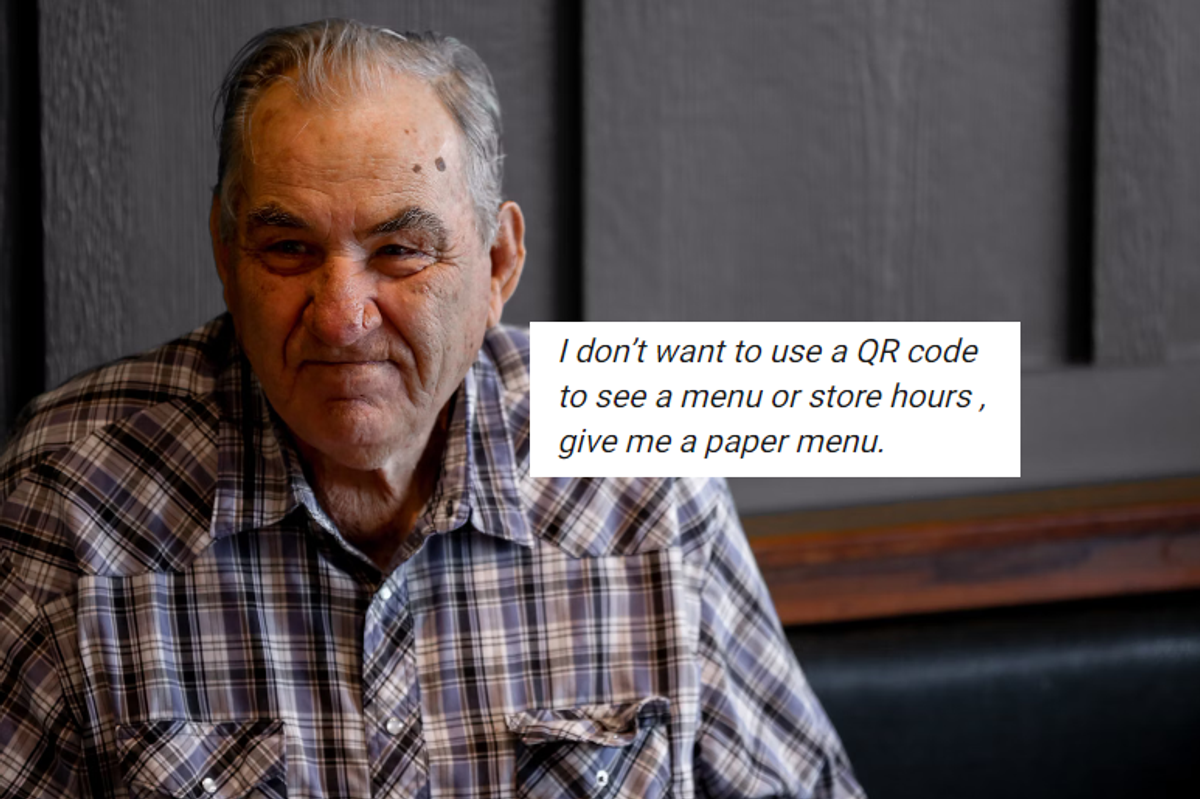Chris Pratt wonders how long parents should keep their kids' trophies
It's a question all parents ask themselves.

Pratt's question was prompted by wife Katherine going through her old childhood trophies.
Some parenting questions are simply universal, transcending the normal alienating barriers. And whether or not to hold onto certain mementos is one of them.
Whether it's more noble to let childhood awards, artwork, quizzes and certificates stack up in storage boxes for years, to be opened for a nostalgic romp down memory lane at a later time, or simply let them go in the name of decluttering? Or is the answer somewhere in between?
This is the conundrum nearly every parent faces. Even celebrity ones, apparently.
“Guardians of the Galaxy” star Chris Pratt recently found himself wondering this very thing as he watched his wife Katherine Schwarzenegger going through her personal treasure trove of trophies from her own childhood.
The collection, curated by her mother Maria Shriver, included notable achievements like "most improved 2-year-old" in swim class to "Problem-solving super star" in the fourth grade.
On his Instagram post, Pratt noted how “thoughtful” he thought the gesture was, writing, “to see my darling wife beaming with sentiment as she opens these crates of meticulously organized keepsakes, remembering her cherished youth, makes me grateful for the efforts her folks put into archiving.”
"I suppose that's the payoff for the work it took to store this stuff, the smile on her face as she relives moments of her youth. To pray one day that your children will look back on their childhood with glee is a blessing. It is the hope of parenthood,” he reflected.
But regardless of the warm-and-fuzzies felt by watching his wife reminisce, Pratt still wasn’t entirely sure what his stance was, so he posed a question to his fans.
“Real talk… once your kid goes through the stuff, is it okay to toss?" he wrote, adding, "I mean… do we need the 'I was on a sports team trophy?' Can they be donated? Repurposed?" Pratt also asked. "How many do we gotta keep? Not all of them right? Any of them? Is there a grading scale? Like, did you win? Were you a champion? Is there a specific sentimental connection? Help me out here. Do they go back in storage?"
His question received countless answers. But most parents seemed to lean towards the time honored tradition of holding on to as much as possible, then hocking it over their children to sort when they’re adults.
As one person hilariously advised, “ “Do as it's always been done. Pack them back up and let your children deal with it when you move to an assisted living facility.”
However, some did offer alternative options, like donating old trophies to organizations, or even taking photos of the items to digitally reminisce. One person suggested “I feel that once we’re old enough to share them with our own children and tell the stories behind them, perhaps that’s the time to digitally archive the items and the tales behind them.” Another added that “looking at an object in a photo still brings back the memory without having to hold onto the actual object.”
While these are all valid opinions, there isn’t exactly a real rule to follow. And this is a concept that Lisa Woodruff, professional organizer and author of “The Mindset of Organization: Take Back Your House One Phase at a Time,” communicates in her work.
“You are allowed to keep everything you want to keep. That’s right. There’s no reason why you have to get rid of — or keep — anything belonging to your children,” she writes, and suggests that parents find creative ways to showcase those memories rather than putting them in storage, such as filling scrapbooks and decorating hallways.
What seems to be the moral of the story is that it’s completely up to individual preference. And that there are many ways to hold onto precious keepsakes. Oh, and that if you’re a parent dealing with this particular quandary, you are certainly not alone.






 A woman is getting angry at her coworker.via
A woman is getting angry at her coworker.via  A man with tape over his mouth.via
A man with tape over his mouth.via  A husband is angry with his wife. via
A husband is angry with his wife. via 
 Some Boomer grandparents are being called out for "gramnesia".
Some Boomer grandparents are being called out for "gramnesia".

 A woman gets a tattoo.
A woman gets a tattoo. Boy playing on the computer.
Boy playing on the computer.
 Grumpy boomers aren't wrong about everything. Photo by
Grumpy boomers aren't wrong about everything. Photo by  Even the young people can't stand QR codes. Photo by
Even the young people can't stand QR codes. Photo by  Everything, even fast food, has gotten out of control expensive. Photo by
Everything, even fast food, has gotten out of control expensive. Photo by